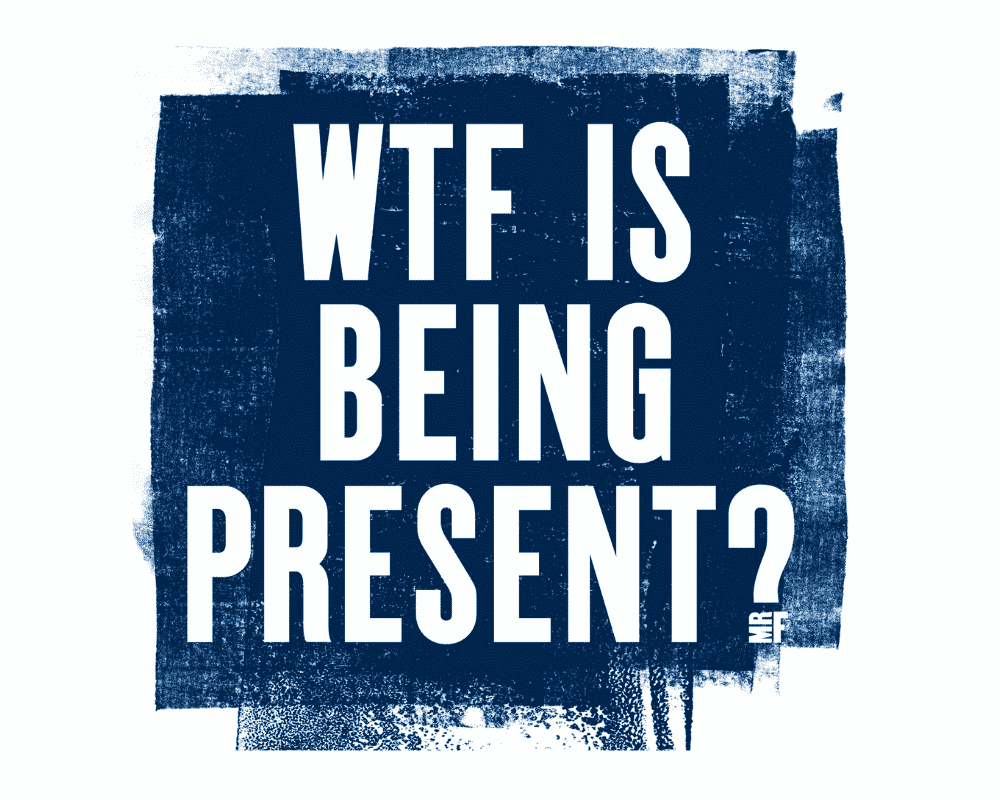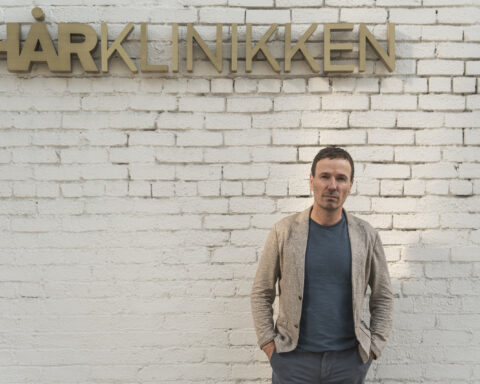We hear it so much, “I want to be more present.” But what does it really mean?
So much is now demanded of us in our busy modern lives. The changing world, the competing demands. The complexities, the hustle to stay afloat. We are asked to do more with less and are being flooded with input and choices. We are often overwhelmed and are living in the past or the future, but not the present.
And being present amid all these distractions goes hand-in-hand with another term we are hearing more and more — mindfulness. We can’t talk about one without the other. Both are buzzwords of our modern times, but have been around for thousands of years. Essentially, mindfulness traces back to Eastern philosophy and it means practicing to sync your mind and body in the same place, in a way that is nonjudgemental.
The focus of meditation is to be in the moment, right where we are, aware of our body, aware of our breath, aware of the temperature of the room, the fly on our nose, to such a degree that it melts together and we are a part of it all. A moment when nothing in particular is driving us and we may be able to find the best clarity. We are in life’s zone. It sounds rather esoteric, but it can be practiced by anyone.
And practice is simply the process of sitting quietly, to be in this space we call the present, not driven by anything but following our own breath. A letting go, even for a moment at a time, of exterior and interior chatter. Showing up for ourselves. With practice, we can then incorporate this technique when doing everyday activities like walking, chopping wood, walking heel to toe, shooting baskets or being with a lover. We are in the present. In the now. Showing up — right here, right now in this moment.
With so many demands of each of us, children as well as adults, men and women alike, it is becoming harder to focus. We are very distracted and inherently distractible. Our technology can create repetitious loops in our brains and trigger the amygdala and reset our reward systems. Sex addiction, gaming addiction, social media addiction (see The Social Dilemma) and more can take us off track.
But being present is a learned skill in this day and age, and one that can reap grand rewards. My suggestion is to seek out a meditation group as a start. There we can learn to sit with and tolerate ourself, and a group practice is a good beginning to start to be present with ourselves and with another. I’ve lead groups on a weekly regular basis for many years on the addiction medicine unit. But there are lots of ways to meditate, and what works for me might not work for you. We find out through practice. There is no right and wrong. No judgements.
Activities like Tai Chi and various marital arts lean towards meditative movement. Many people find their oneness in sports like surfing, walking, running or skiing, where they can connect with nature and leave the extraneous world behind.
Yet the question remains how to bring that presence into everyday life. Being present is a byproduct of meditative work. We don’t teach people how to be present, they are taught meditation which allows them to learn to be present for themselves. We start by learning to be present during our meditation, then we can draw on these skills in our everyday lives. When we are with our children, our partners, our hobbies, our food.
The rewards of meditation, of sitting with ourself and practicing being present can be enormous. Medically, it can lower blood pressure among other things. Psychologically, a study published in ScienceDirect showed that meditation lowers stress and helps one make better adaptive stress responses, enhancing “self regulation in the presence of negative emotions.” That means more self control in difficult situations, thinking before speaking and improved coping skills. Another study, published in the same journal, revealed that mindfulness improves the individual’s awareness of their own strengths and promotes well-being. We could all benefit from a little more well-being and self awareness.
Via meditation, difficult emotions may come up that we could be well served to bring into a therapy room and if needed, dig deep and see if we can pull out those roots or work through them. You knew I’d suggest this. I’m a therapist. But things that could interrupt our ability to more easily delve into holding presence might be issues of mental health that need some medical attention.
Living in the here and now are developmentally learned skills, so people can turn to drink and drugs as coping mechanism and that can becomes habituation and addiction. Trauma is underneath a lot of addiction. It either precedes the use or is a byproduct of use and in addiction, trauma occurs. Learning to tolerate being in the moment can be an important element of addiction treatment that I have practiced with many patients.
And apropos of this very challenging pandemic in everyone’s life, what an opportunity to learn meditation of any sort, folding it into our daily life and learning to be present. Start with one minute. Go back and begin again. Commit to five or ten minute just for you. Make a sign that says, “Do Not Disturb” with a time we’ll be available. Go into our bedroom or bathroom if there is no privacy, and sit. Or go outside and walk and take in the world. Or sit with our partner, our kids and begin a fabulous new family tradition: being present.
And practice, practice, practice. In this case, it won’t make perfect. There is no perfect. There only is.











